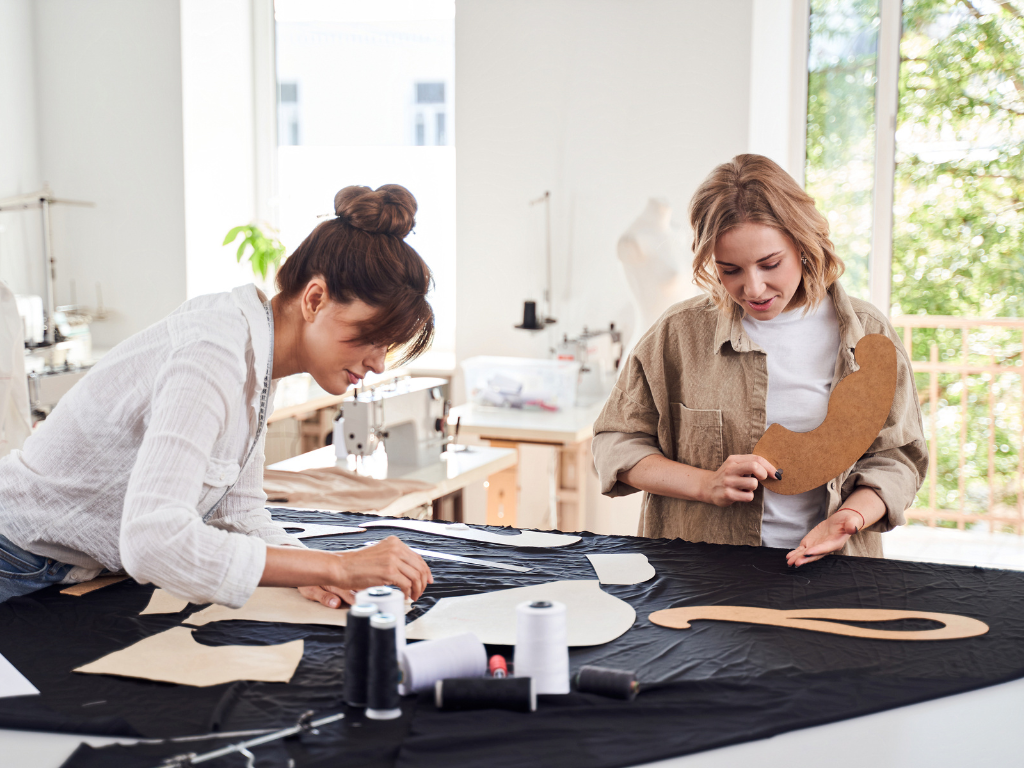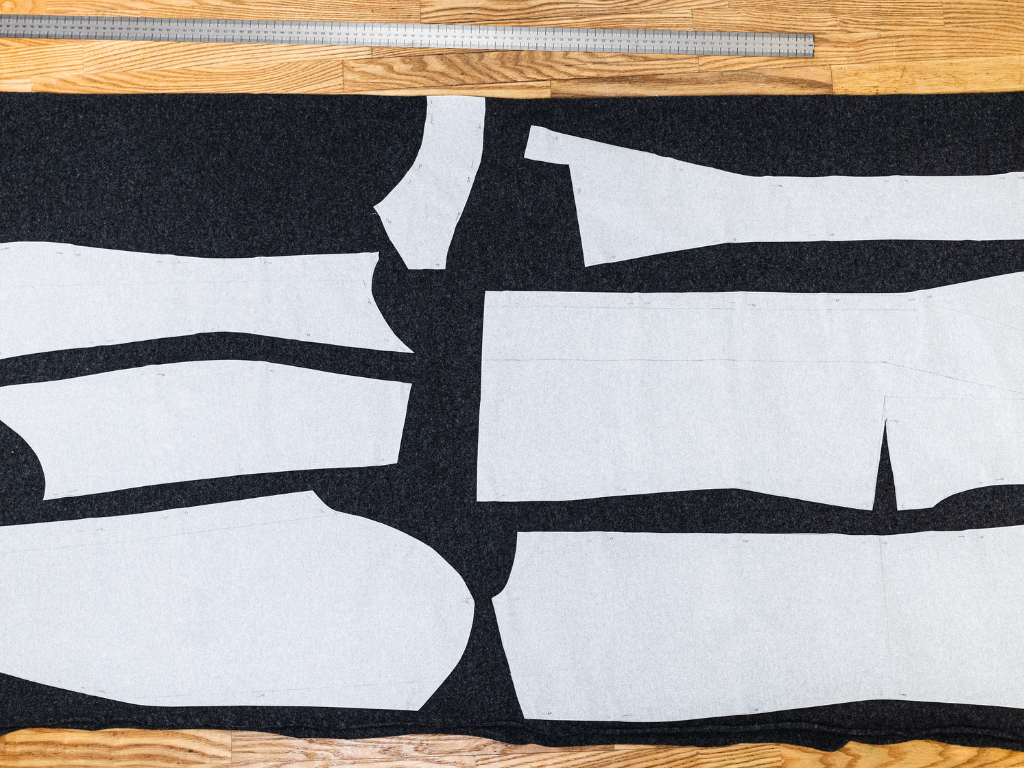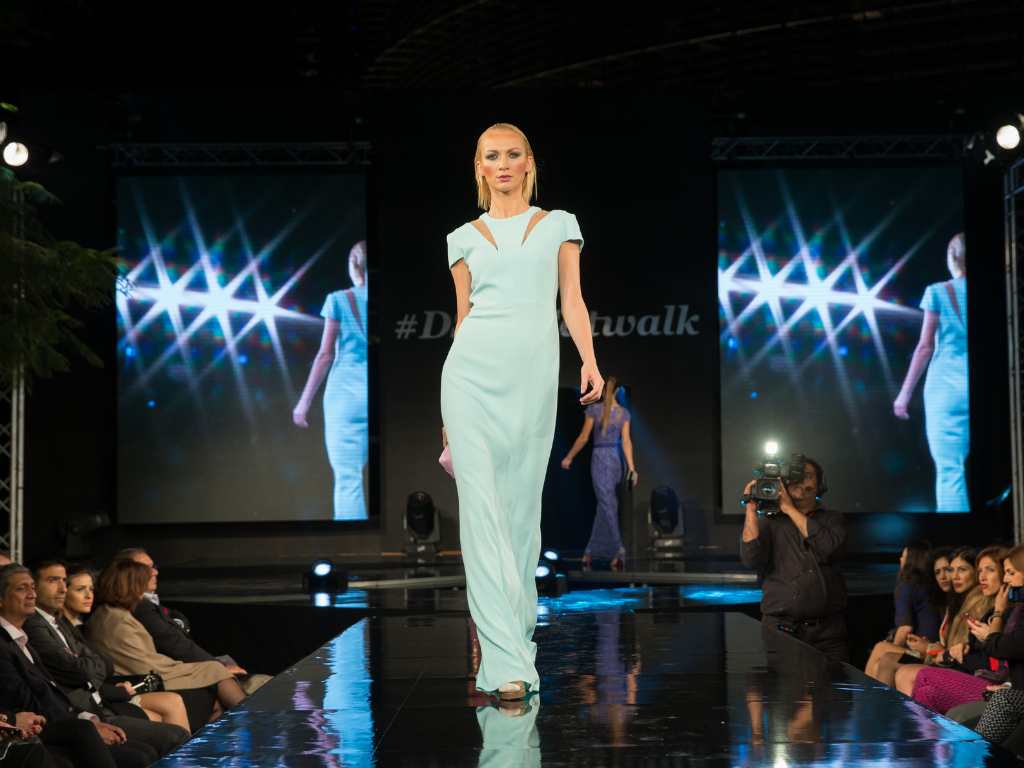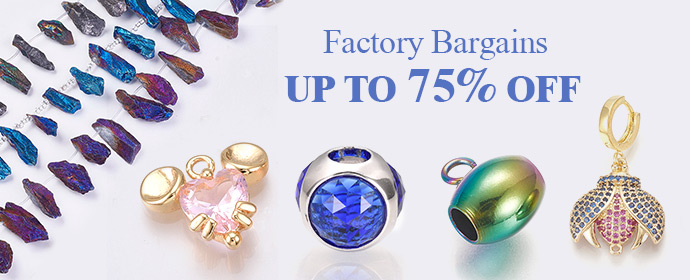In the dazzling world of fashion, the creation of a dress is a meticulous journey that involves a blend of creativity, skill, and precision. From the initial spark of inspiration on the design board to the final product gracing the runway, the process is a fascinating interplay of various stages. Let’s delve into the intricate journey of how the dressmaking process transforms a dress from a concept into a tangible masterpiece.

Inspiration and Conceptualization:
The journey commences with the designer seeking inspiration from diverse sources – be it nature, art, historical periods, or contemporary culture. This inspiration is then translated into a vision, a concept that captures the essence of the design. The design board becomes the canvas where ideas take shape through sketches, fabric swatches, and notes. This phase is crucial in setting the tone for the entire creation process.

Material Selection:
Once the design is finalized, the focus shifts to selecting the right materials. Fabrics play a pivotal role in determining the drape, texture, and overall aesthetic of the dress. Designers must consider factors such as color, pattern, and fabric composition to align with the envisioned design. This stage involves a delicate balance between creativity and practicality.

Pattern Making:
With the chosen materials in hand, the next step is the creation of a pattern. Pattern making is a meticulous process where the designer, or a skilled pattern maker, drafts the blueprint for the dress. This involves precise measurements, calculations, and an understanding of how the fabric will interact with the body. A well-crafted pattern is the foundation upon which the dress will be built.

Cutting and Draping:
Armed with the pattern, the fabric is carefully cut into individual pieces. This stage requires precision to ensure that each component aligns perfectly with the design. Draping, another technique used by some designers, involves shaping the fabric directly on a mannequin to achieve a more organic and flowing design. The combination of cutting and draping sets the stage for the three-dimensional realization of the dress.

Sewing and Construction:
The cut pieces are then meticulously sewn together. This stage demands exceptional skill as the designer or a team of skilled seamstresses brings the dress to life. The construction phase is where the intricacies of the design come together – seams are carefully stitched, embellishments are added, and any additional details are integrated into the garment. The goal is to create a dress that not only looks stunning but also fits impeccably.

Fittings and Adjustments:
Once the dress is assembled, fittings are conducted to ensure that the garment fits the intended silhouette. This stage involves numerous adjustments – tweaking seams, altering lengths, and fine-tuning details to achieve the desired fit. Fittings are a collaborative process, often involving the designer and the model or client, to achieve a perfect harmony between the envisioned design and the wearer.

Finishing Touches:
With the fit perfected, the dress undergoes the final touches. This includes adding closures such as zippers or buttons, hemming, and any additional embellishments. The attention to detail in this stage is critical, as it contributes to the overall polish and refinement of the garment.

Quality Control:
Before the dress makes its public debut, it undergoes rigorous quality control checks. These checks ensure that the garment meets the designer’s standards in terms of craftsmanship, durability, and overall aesthetics. Any imperfections or inconsistencies are addressed to guarantee a flawless final product.

Presentation and Showcase:
The journey culminates in the grand reveal of the dress to the world. Whether it graces the runway of a high-profile fashion show, a boutique display, or a bespoke client fitting, the presentation is a moment of pride for the designer. The dress, once a vision on the design board, is now a tangible work of art ready to captivate onlookers.
The transformation of a dress from a design board concept to a finished product is a symphony of creativity, skill, and dedication. Each stage in the process contributes to the narrative, with the designer’s vision evolving into a tangible and wearable piece of art. The journey may be intricate and demanding, but it is this meticulous craftsmanship that elevates fashion into an enduring form of expression and beauty.
Photo Credit Canva
Recommended1 recommendationPublished in Uncategorized


